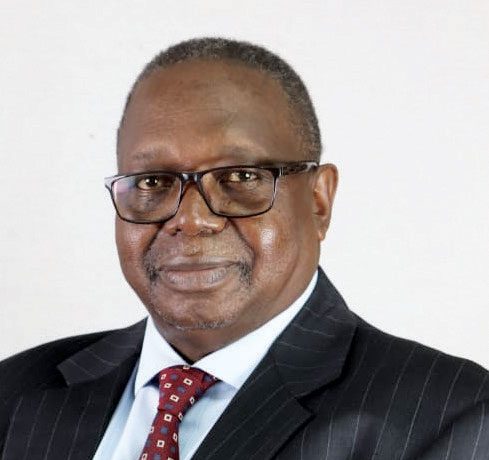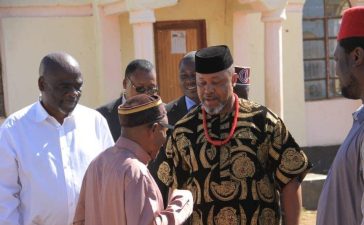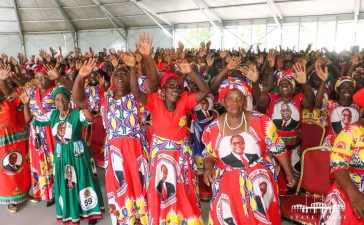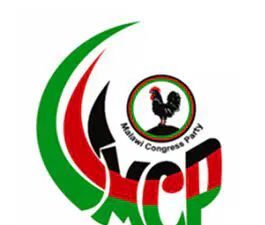The Reserve Bank of Malawi on Wednesday endorsed the parallel market exchange rate of K1,700 to a United States Dollar from an earlier K1180.29. In the statement released by the Governor of the Bank, Wilson T. Banda, the new exchange rate is with effect from today 9th November 2023.
For the Malawi Confederation of Chambers of Commerce and Industry (MCCCI), this is a good news for them because they have been relentlessly calling for devaluation aimed at re-aligning the Kwacha. The MCCCI repeated this call a few days warning that there should, as a requisite condition, be a guarantee of forex in-flows and safety nets to cushion the poor.
The key strategy in cushioning the poor is to ensure that staple food prices remain contained. On this point, while the annual average inflation has increased from 8.6 percent in 2020 to 9.3 percent in 2021 for example, the annual average food inflation actually dropped from 13.0 percent in in the same period and this was attributed to a bumper maize harvest during the 2021 farming season, a demonstration of the impact of the AIP in macroeconomic management.
The Government has maintained this strategy and just recently, the AIP was successfully launched and there is continued hope that Malawi will continue on the path of national food security, thereby cushioning the poor whose critical need is food before anything else.
In its statement, the RBM informs that the exchange rate adjustment has been necessitated to eliminate supply-demand imbalances in the market place among others. On the far-reaching reap, this move is necessary to the unlocking of the World Bank’s Extended Credit Facility (ECF) which is geared to release forex into Malawi.
Axiomatically, devaluation comes with attendant imminent painful side effect. The impact of the depreciated Kwacha will be felt. There will be a surge in prices of imported commodities which will trigger a rise in inflation, thus further reducing the capacity of citizens to afford a stress-free lifestyle. So yeah, it will not be an easy road to cruise with comfort.
But just like some revered economists, such as Dr. Betchani Tchelani, have indicated, it is a necessary evil to be done. Talking of necessary evil, the President in his State-of-the-Nation Address (SONA) delivered on 3rd February last year during the opening of 5th meeting in the 49th session of the Parliament and the 2022/2023 budget meeting, stated that his approach has a sharp aim at “fixing the systems to deliver long-term priorities whilst diffusing short-term pressures”.
In his inaugural speech, President Chakwera said and I quote: “The national bones we have dislocated cannot be corrected without suffering. In our quest to heal our fractured nation and governance system over the next five years, we must have the courage to face and endure the pain of systemic surgery if we ever want to enjoy wholeness as a nation. We must have the courage to inflict necessary pains on the fractured attitudes and actions of those around us if we ever want to see them whole as citizens.”
This was an apt analogy because in surgeries, pain is always associated with healing.
One must endure pain in order to make full recovery. Further, on his return from his first international trip as Head of State and Government, President Chakwera urged Malawians to tighten their seatbelts as he goes about the momentous task of fixing the country.
The President reiterated that things will probably get worse before they get better. There will be pain before we begin to experience gain he said. Here we are with one of such necessary pains!













